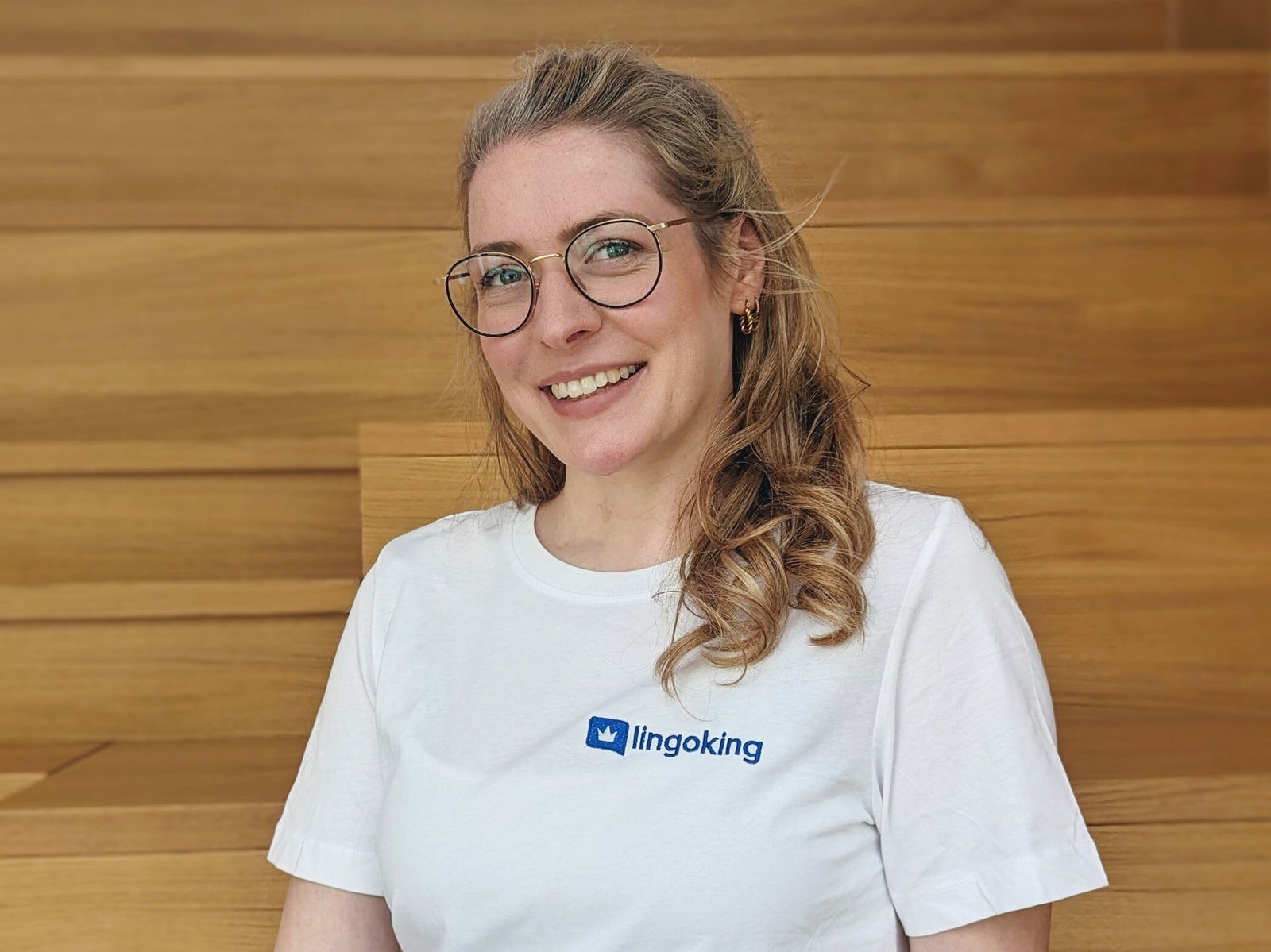
Work visa Germany
Are you planning to live and work in Germany and need a work visa Germany to do so? Read on to find out about the different types of work visas for Germany and which option is right for you – from skilled worker visa to EU Blue Card and job seeker visa.
Work visa Germany: When do I need it?
If you are a citizen of the EU, Iceland, Liechtenstein, Norway or Switzerland, you do not need a work visa for Germany.
You also do not need a visa to enter Germany if you are from one of the following countries:
Australia, Israel, Japan, Canada, Republic of Korea, New Zealand, United Kingdom, Northern Ireland, USA.
However, you will have to apply for a work visa to be able to work in Germany.
You can do so after your arrival by heading to your local immigration authority (= Ausländerbehörde) in Germany. If you want to start working as soon as possible, you can apply for your work visa from your home country before even entering Germany. To do so, please consult a competent German mission in your home country.
If you are from another third country, you will need a suitable work visa when you enter Germany.
Work visa Germany for professionally experienced workers
A work visa for professionally experienced workers might be for you if you are looking to work in a non-regulated profession in Germany. As the name suggests, non-regulated professions are not protected by law. In fact, most professions in Germany are not regulated. Regulated jobs include care and medical professions, for instance. If you work in a non-regulated profession, you usually are not required to go through a formal recognition procedure.
Requirements "Work visa for professionally experienced workers"
You can qualify for a work visa for professionally experienced workers if you meet the following criteria:
- Qualifications
You must have completed a minimum two-year vocational or higher education degree that is recognised in your country of origin. You also need a positive statement on your foreign vocational qualification from the ZAB (Central Office for Foreign Education). - Work experience
You must have worked in the field you intend to work in for at least two years within the last five years. - Job offer
You need a permanent job offer for a non-regulated profession. - Minimum salary
Your new job must pay you at least €40,770 gross per year. If you are 45 or over, that number goes up to €49,830 or more gross per year (as of 2024).
Work visa Germany for skilled workers
Have you completed a qualified apprenticeship or a university degree recognised by the German government? Then you can apply for a work visa for skilled workers. This will allow you to live and work in Germany for up to four years. How long you can actually stay in Germany depends on the duration of your employment contract. With this type of visa, you can apply for a permanent residence permit after three years.
Requirements "Work visa skilled workers"
You can qualify for a work visa for skilled workers if you meet the following criteria:
- Qualifications
Your degree must be recognised in Germany or compared to a German university degree. You also need a so-called ‘licence to practise’ in Germany. - Job offer
You need a work contract for qualified (i.e. full-time) employment. In most cases, an ancillary activity, such as a part-time job or a ‘Minijob’, will not suffice. - Minimum salary (45 and over)
If you are 45 or over and this is your first time travelling to Germany to work, you are required to make at least €49,830 gross per year. Alternatively, you will need proof of sufficient funds to cover your retirement (as of 2024).
EU Blue Card
The EU Blue Card is a special residence permit for foreign academics or people with a similar level of qualification. To qualify for an EU Blue Card, you need a job offer for qualified employment.
EU Blue Card holders have an easier time relocating their families to Germany and qualifying for a permanent settlement permit.
Requirements "EU Blue Card"
You can qualify for an EU Blue Card if you meet the following criteria:
- Qualifications
You need a German university degree or a similar foreign one. Alternatively, you have earned a tertiary educational qualification with at least three years of training at level 6 of the International Standard Classification of Education or level 6 of the European Qualifications Framework (EQF). - Job offer
You need a minimum six-month work contract. Also, your job must be within the field of your professional qualification. Please note that you may also need a licence to practise in Germany. - Minimum salary
- Option 1: Your annual gross salary is at least €45,300 (as of 2024).
- Option 2: If you will be working in an understaffed profession, you may earn less than €41,041.80 gross per year (as of 2024). However, you will need to consult the Federal Employment Agency (= Bundesagentur für Arbeit), even if you only graduated three years ago. Either way, you still need the approval of the Federal Employment Agency as part of your work visa procedure.
If you are an IT specialist looking to apply for an EU Blue Card, you will need to meet the following criteria:
- Qualifications
You do not need any formal qualifications. - Work experience
You must have worked in the IT sector for at least three years in the last seven years. Your professional experience must be at university level and relevant to your future job. - Job offer
You need a minimum six-month work contract. - Minimum salary
Your annual gross salary needs to be at least €41,041.80 (as of 2024).
Job seeker visa Germany
Do you need a visa while you look for a job in Germany? Then your best bet is applying for an Opportunity Card (= ‘Chancenkarte’). This type of work visa Germany was introduced in 2023 and has since largely replaced the previous ‘job seeker visa’. Having a Chancenkarte allows you to live and work in Germany for up to one year while you look for a permanent job.
When do you need an official recognition procedure?
If you work in a regulated profession, your degree needs to be officially recognised. This applies to professions in healthcare, legal, teaching, and engineering, for example.
Most professions are not regulated in Germany (e.g. business economist, computer scientist, baker, etc.). As a rule, a recognition procedure is not needed for non-regulated professions. There may be exceptions for certain visa types, such as the EU Blue Card and the visa for skilled workers (if you are from a non-EU state), in which case an official recognition procedure may be necessary to ensure your degree meets German academic standards. Having your degree recognised can also give you a competitive edge when applying for a job in Germany.
FAQs: Work visa Germany
If you are a citizen of the EU, Iceland, Liechtenstein, Norway or Switzerland, you do not need a work visa for Germany. If you are from Australia, Israel, Japan, Canada, the Republic of Korea (South Korea), New Zealand, the United Kingdom, Northern Ireland or the USA, you do not need a visa to enter Germany, but if you want to work in Germany, you will need to apply for a work visa first. If you are from another third (i.e. non-EU) country, you will need to apply for a visa to be able to enter Germany.
If you are from a third country, there are different types of visas that authorise you to work in Germany: a visa for professionally experienced workers, a visa for skilled workers, an EU Blue Card, or the Opportunity Card (= ‘Chancenkarte’). The requirement for these types of visas vary.
If you qualify for a work visa, you will have to submit an application to your local mission.





